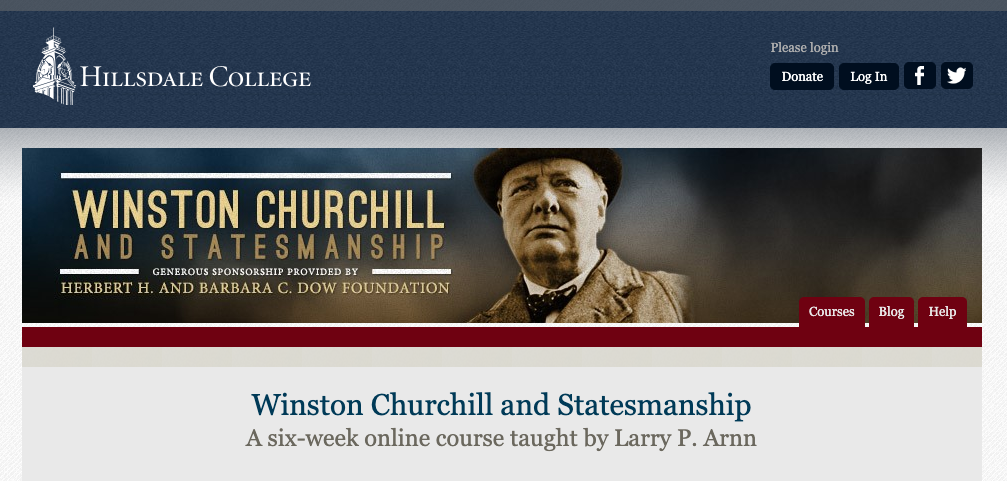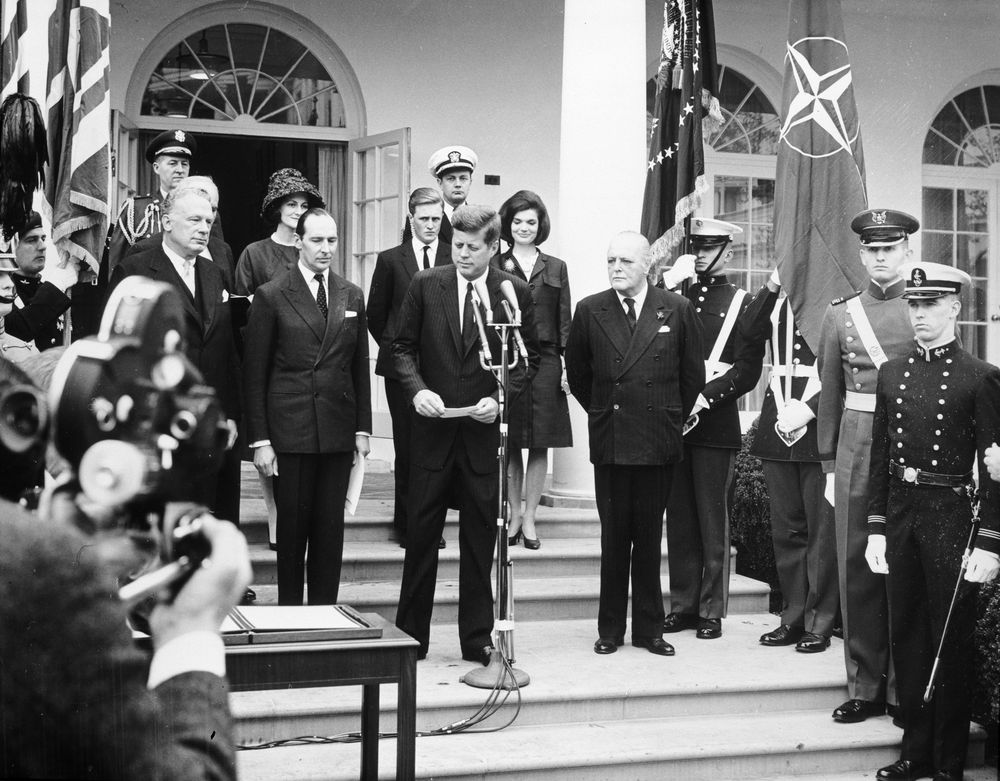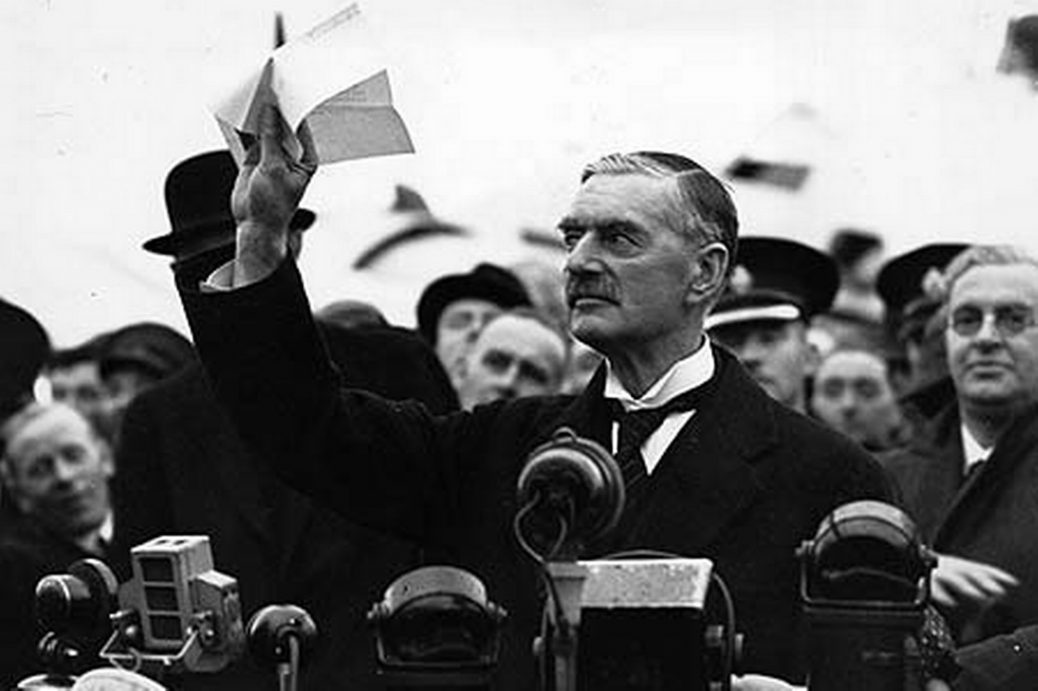Robert Hardy’s “Wilderness Years”
5 October 2015: Turning 90 this month and as vivacious as ever, Timothy Robert Hardy spoke tonight on “My Life with Churchill” at a Hillsdale College Churchill seminar, attended by over 500 registrants and 200 students, sponsored by Hillsdale’s Center for Constructive Alternatives. That afternoon I had the privilege to play Alistair Cooke, and introduce four excerpts from Tim’s inimitable portrayal in the documentary, “Winston Churchill: The Wilderness Years.” Here is the introduction to the first excerpt, which may be viewed on YouTube (first 12 minutes). All four excerpts will be published later by The Churchill Project for the Study of Statesmanship.…










